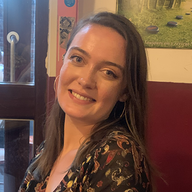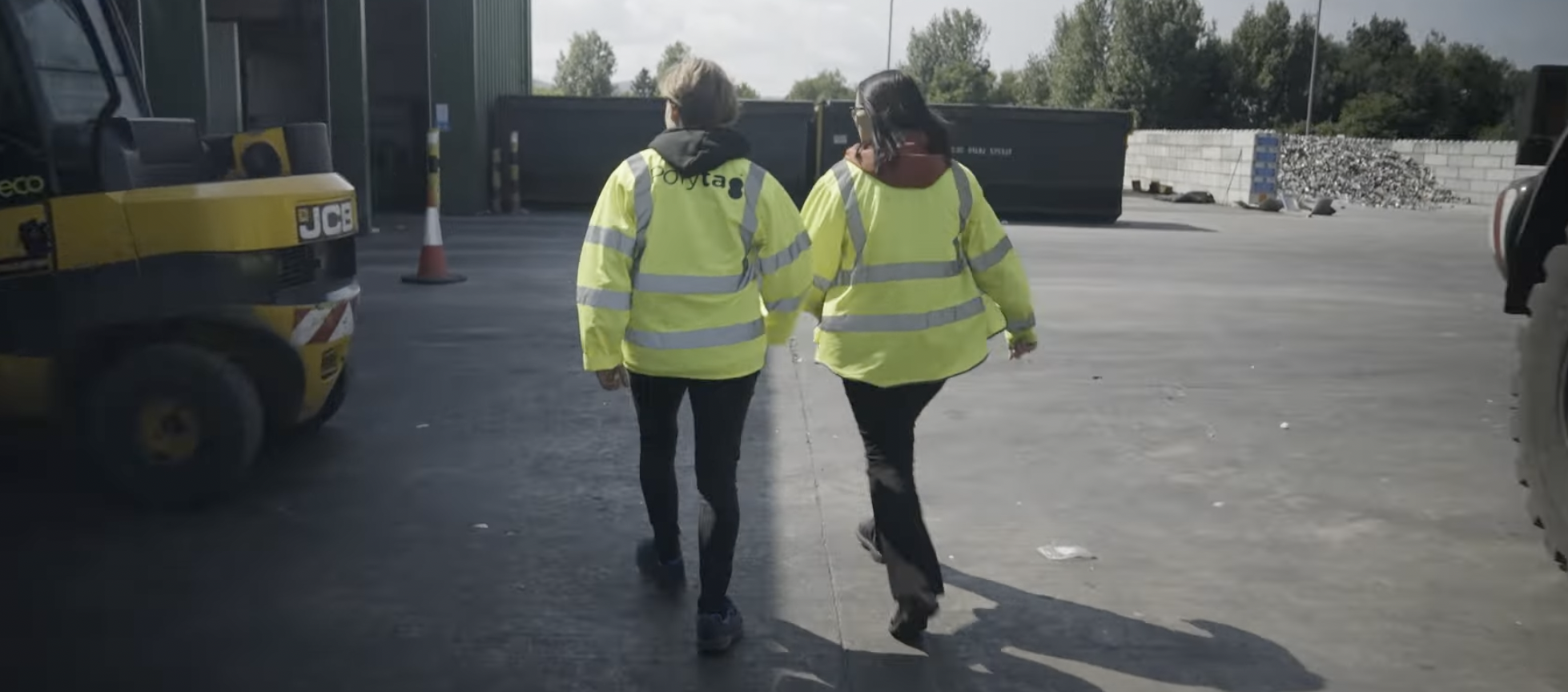Polytag is delighted to announce that we were featured in CIWM’s groundbreaking documentary, Leading the Way to a World Beyond Waste. Premiered at the RWM Expo in Birmingham, the film showcases inspiring initiatives across the industry, including our own journey towards a waste-free future.
https://www.youtube.com/watch?v=okGu-uFUIIg&t=992s
Redefining the 3Rs
The documentary introduced an expanded vision for the iconic 3Rs: Reduce, Reuse, and Recycle. With a new focus for the waste management industry, it stands forr:
- Reduce: Lowering carbon emissions across the sector.
- Re-design: Creating packaging that’s easy to recycle.
- Refurbish: Extending the life of products through repair and reuse.
- Recycle: Improving recycling rates through innovation and data.
- Repurpose: Transforming waste into valuable resources.
Polytag: Powering the Recycling Revolution
The film highlighted the critical role of data in driving recycling improvements. Our CEO, Alice, was featured at our Gofer Bulking Centre in Conwy, where our pioneering UV tag reader is hard at work.
By capturing detailed information about packaging, we’re providing brands with unprecedented insights into their products’ recycling journey. This data-driven approach is essential for tackling the challenges of recycling and accelerating progress towards a circular economy.
Rob Thompson, Packaging Manager at the Co-op was featured in the documentary “It’s important for us as a member organisation that cares about the environment, people and the planet to know where that packaging ends up. That would be a game changer to be able to account for every single piece of packaging that goes into the market”
Danielle Richards, Assistant Waste Manager at Conwy County Borough Council says “Using technology has the potential to help wales deliver on its recycling ambitions and traceability throughout the supply chain will reinforce future regulatory changes”
Alice Rackley “Imagine the possibilities if every single piece of packaging could be tagged and traced. Imagine what that could do for the future of recycling in the UK”.
Five Steps to a Waste-Free Future
The documentary Leading the Way to a World Beyond Waste introduced a new framework for tackling the waste crisis, expanding on the traditional 'reduce, reuse, recycle' model. This framework outlines five key areas of focus, each illustrated by inspiring case studies.
1. Reduce
Reducing our impact on the environment is crucial. This involves cutting back on carbon emissions from waste management processes, as well as minimising waste generation from the outset.
The documentary showcased the work of Bywaters Material Recovery Facility, which reduced emissions by 50% through initiatives like electric vehicle adoption and solar panel installation.
2. Re-design
Creating products and packaging with a circular economy in mind is essential. The re-design of the Suntory Ribena bottle, as featured in the documentary, is a prime example of how packaging can be optimised for recyclability. By collaborating with organisations like WRAP, businesses can develop innovative solutions that minimise waste and maximise resource efficiency.
3. Refurbish
Extending the life of products through repair and reuse is key to reducing waste. Re-Tek, highlighted in the documentary, has been refurbishing electronic equipment since 1986, demonstrating the potential of this approach to conserve resources and provide affordable alternatives.
4. Recycle
Improving recycling rates is vital for diverting waste from landfill and conserving resources. Polytag's technology, showcased in the documentary, is a prime example of how data can be used to drive recycling improvements. By tracking packaging through the waste stream, we can identify bottlenecks and optimise recycling processes.
5. Repurpose
Transforming waste into valuable resources is a cornerstone of a circular economy. The documentary featured Bio-Capital Scotland, a company that converts food waste into energy and fertiliser through anaerobic digestion. This demonstrates the potential of repurposing organic waste to create valuable products and reduce landfill dependency.
By implementing these five steps and drawing inspiration from the case studies highlighted in the documentary, we can move closer to a world where waste is minimised and resources are maximised.

